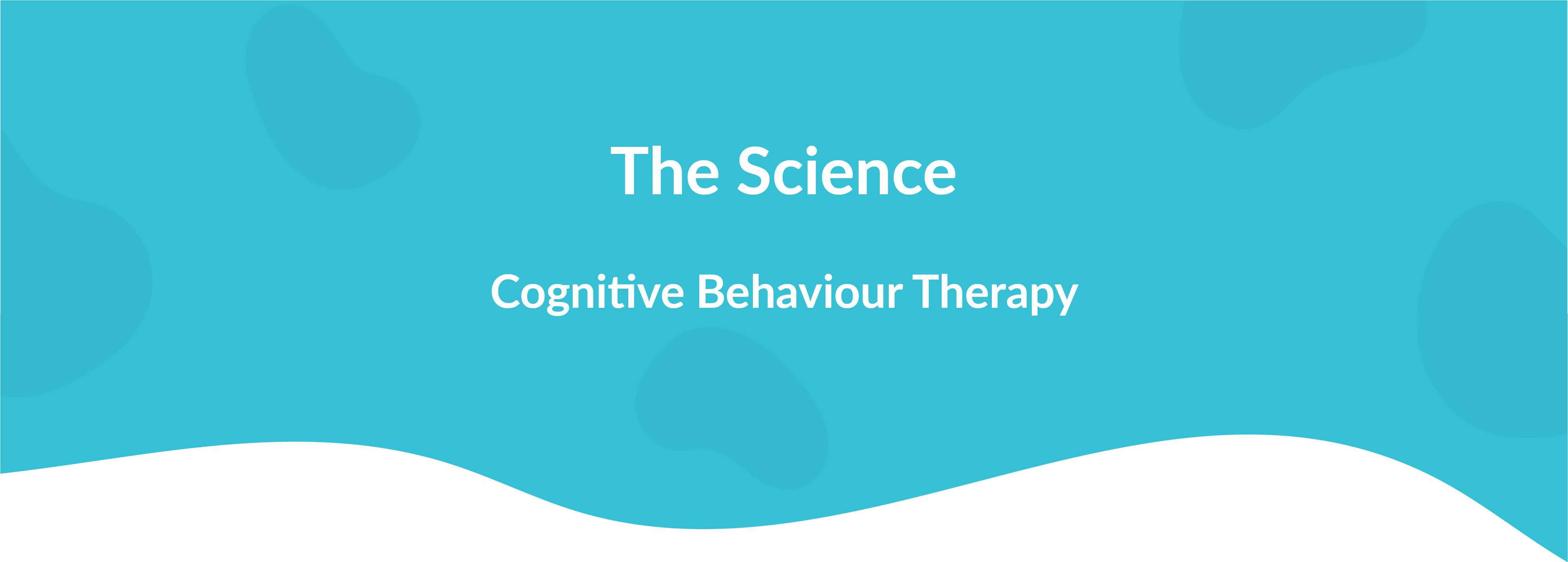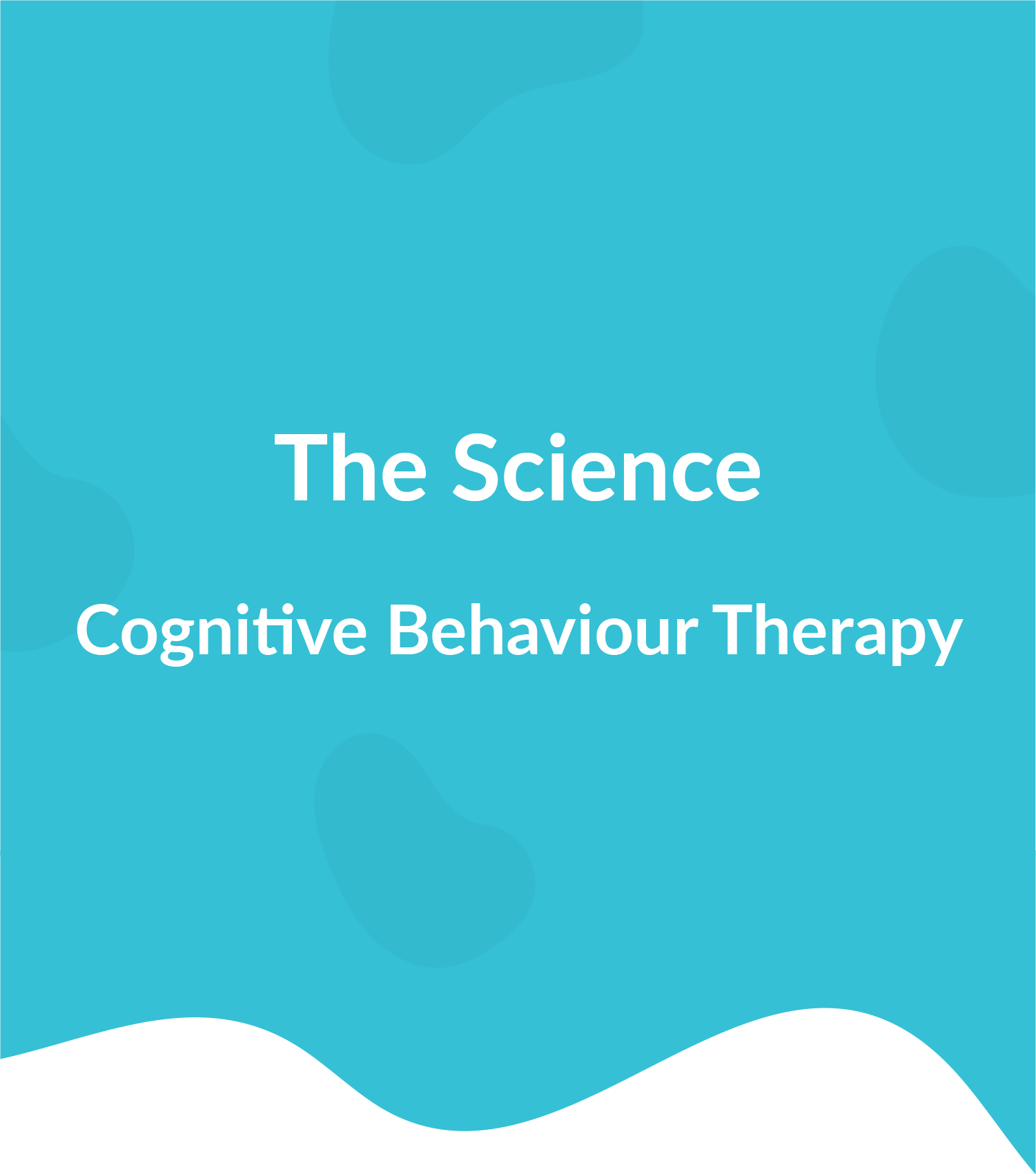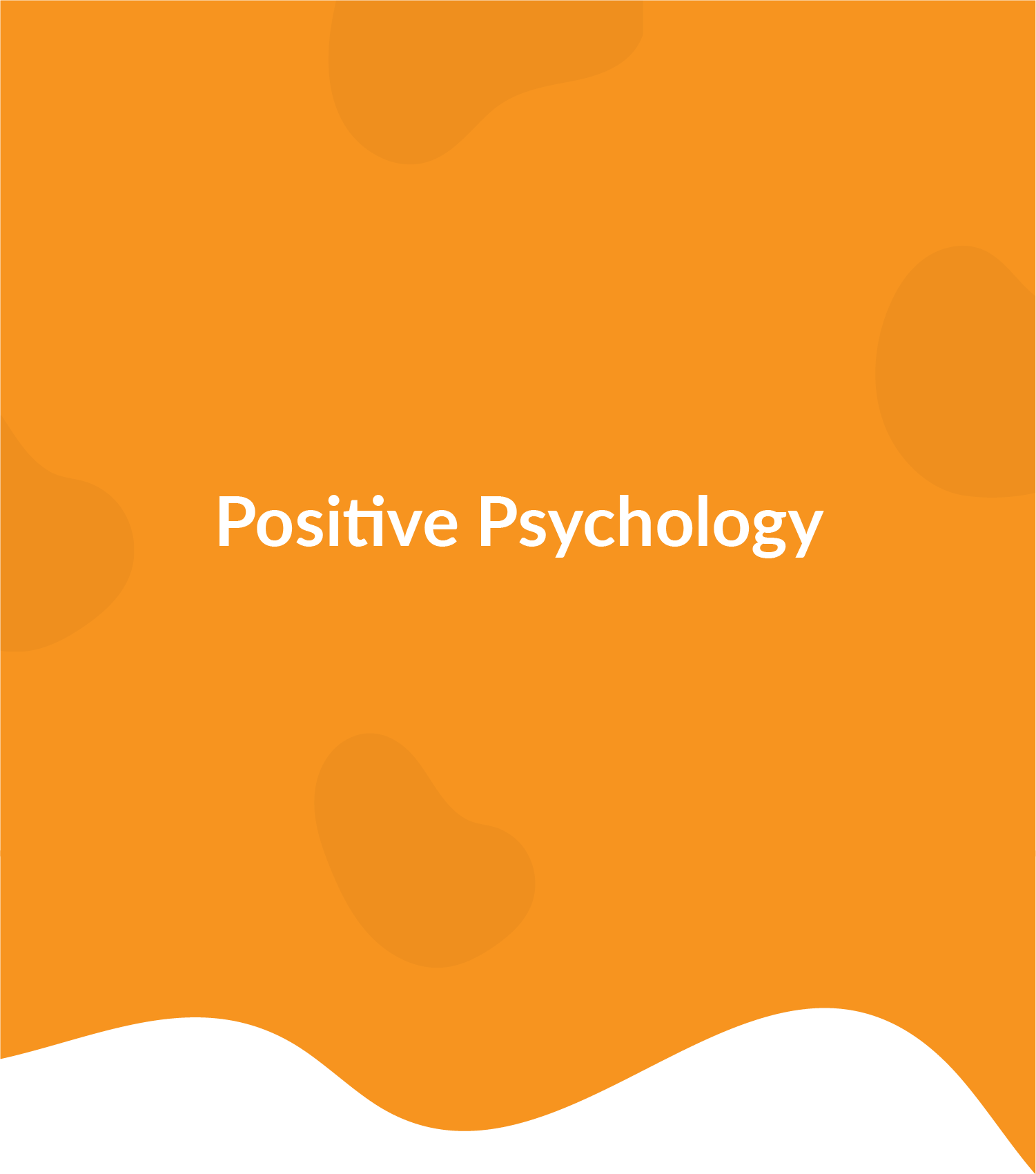

What is Cognitive Behaviour Therapy?
Cognitive Behavioural Therapy (CBT) is a type of therapy that helps people manage their problems by changing the way they think and act. The idea is to empower individuals with tools and techniques to identify unhelpful thoughts and change them into more positive ones.
How Effective Is CBT?
CBT is one of the most effective treatments for depression - studies show a 50-75% improvement in depressive symptoms within the first 15 sessions.
In fact, research shows that people suffering from anxiety and mood disorders are less likely to relapse when they undergo CBT as compared to when they take medication.
CBT has been found to be highly effective in helping people make behavioural changes that can help in treating insomnia and eating difficulties.
Meta analytic studies show that CBT can help people manage their emotions better - for instance, it has been found to be the most effective treatment for anger problems.
Key Principles of CBT
Solving Problems
CBT's main goal is to help people find solutions to problems or challenges they are currently facing.
Changing Thoughts
Since thoughts affect feelings and actions, the focus is on altering thoughts to solve difficulties.
Teaching Skills
To help people manage future problems, CBT equips them with skills to think and act in healthy ways.
CBT in Action with InnerHour
Through interactive activities and informative blogs, the app teaches skills to identify negative thought patterns. Individuals also learn different techniques to dispute these thoughts in order to feel better. By setting goals (for thoughts as well as behaviours) and tracking them on a daily basis, individuals can follow a healthier lifestyle.


What is Positive Psychology?
Positive psychology is the scientific study of factors that make life worth living. It focusses on strengths over weaknesses and on helping people live their best lives instead of simply helping them deal with problems. The goal is to help individuals thrive by experiencing positive emotions and developing positive traits.
How Effective is Positive Psychology?
Research has shown that Positive Psychology interventions lead to a significant rise in an individual's level of well-being and happiness.
Positive Psychology works for problems as well - studies have found it to be effective in reducing symptoms of depression and anxiety in affected individuals.
This approach can help individuals improve their self-esteem and boost optimistic thinking. It is also very effective in promoting stronger, healthier relationships.
Scientists agree that Positive Psychology is a highly flexible approach that can be used as an adjunct to traditional forms of therapy in order to improve treatment outcomes.
Key Principles of Positive Psychology
New Health Model
Health is more than the absence of illness. The approach focusses not only on treating mental illness but also on improving mental health.
Positive Deviance
A core concern in this approach is to amplify the impact of positive emotions and experiences to achieve positive mental health.
Strengths and Virtues
Positive Psychology uses techniques to help individuals identify and build upon positive attributes that already exist in them.
Positive Psychology in Action with InnerHour
As part of the personalised plan, individuals are taught several skills to live a more positive life - including gratitude, kindness, optimism, and more. The app empowers individuals to identify their strengths and try different ways to build on them. Improving relationships is one of the core focus areas of the plan. Through goal setting and tracking, individuals can develop positive habits for happiness - including journaling, repeating affirmations, and practising strengths.


What is Mindfulness?
Mindfulness is the ability to be fully present in the moment. It involves developing awareness of where one is and what one is doing. To be mindful is to respond calmly to a situation instead of reacting to it. While it seems like an easy concept, in reality, it can be quite hard to practise. In therapy, the core focus of mindfulness is to help people develop awareness, acceptance, and peace.
How Effective is Mindfulness?
Mindfulness can help people improve their emotional health. Studies have shown that it facilitates emotional regulation and stability in individuals.
When combined with CBT, mindfulness is very effective in the treatment of mood disorders. In fact, this approach is also linked to a lower rate of recurrence or relapse.
Research shows that mindfulness alleviates the physical and emotional symptoms of anxiety by helping individuals focus on the present instead of worrying about the future.
Mindfulness is also very beneficial for individuals struggling with sleep disorders. Techniques within this approach have been found to improve the quality and quantity of sleep.
Key Principles of Mindfulness
Non-Judgemental Attitude
In mindfulness, one has to be impartial and accept their experiences simply as they are, without judging them as good or bad.
Renewed Perspective
Mindfulness helps people view the world from a fresh, untainted lens - and thus equips them to focus their attention better.
Acceptance
The focus is also on letting go of the unchangeable past and accepting life the way it is, in order to feel calm and at peace.
Mindfulness in Action with InnerHour
A wide variety of guided mindfulness activites are offered on the InnerHour app, so that individuals can gradually inculcate a habit of practising mindfulness. A host of articles and other informative content are also available to keep individuals educated about how mindfulness works and can be applied in their day to day lives.
References
Butler, A., Chapman, J., Foreman, E., Beck, A. T. (2006) The empirical status of cognitive-behavioral therapy: a review of meta-analyses (PDF). Retrieved from https://www.get.gg/docs/Empirical-Status-of-CBT.pdf
Fenn, K. & Byrne, M. (2013). The key principles of cognitive behavioural therapy. Retreived from https://journals.sagepub.com/doi/full/10.1177/1755738012471029
Hofmann, S. G., Asnaani, A., Vonk, I. J., Sawyer, A. T., & Fang, A. (2012, October 01). The efficacy of cognitive behavioral therapy: A review of meta-analyses. Retrieved from https://www.ncbi.nlm.nih.gov/pmc/articles/PMC3584580/?_escaped_fragment_=po
Driessen, E., & Hollon, S. D. (2011, September 1). Cognitive behavioral therapy for mood disorders: Efficacy, moderators and mediators. Retrieved from https://www.ncbi.nlm.nih.gov/pmc/articles/PMC2933381/
Marrero, R., & Carballeira, M., & Martín, S., & Mejías, M., & Hernández, J. (2016). Effectiveness of a positive psychology intervention combined with cognitive behavioral therapy in university students. Retrieved from https://www.redalyc.org/html/167/16746507014/
Bolier, L. et., al. (2013). Positive psychology interventions: a meta-analysis of randomized controlled studies. Retrieved from https://bmcpublichealth.biomedcentral.com/articles/10.1186/1471-2458-13-119
Sin, N., L., & Lyubomirsky, S. (2009). Enhancing Well-Being and Alleviating Depressive Symptoms With Positive Psychology Interventions: A Practice-Friendly Meta-Analysis. (PDF). Retrieved from https://onlinelibrary.wiley.com/doi/pdf/10.1002/jclp.20593
Demarzo, M. M., Montero-Marin, J., Cuijpers, P., Zabaleta-del-Olmo, E., Mahtani, K. R., Vellinga, A., … García-Campayo, J. (2015). The Efficacy of Mindfulness-Based Interventions in Primary Care: A Meta-Analytic Review. Retrieved from https://www.ncbi.nlm.nih.gov/pmc/articles/PMC4639383/
Hofmann, S. G., Sawyer, A. T., Witt, A. A., & Oh, D. (2010). The effect of mindfulness-based therapy on anxiety and depression: A meta-analytic review. Retrieved from https://www.ncbi.nlm.nih.gov/pmc/articles/PMC2848393/
Spijkerman, M. P. J., Pots, W.T.M. , & Bohlmeijer, E.T. (2016). Effectiveness of online mindfulness-based interventions in improving mental health: A review and meta-analysis of randomised controlled trials. Retrieved from https://www.sciencedirect.com/science/article/pii/S0272735815300623
Ong, J. C., & Smith, C. E. (2017, June). Using mindfulness for the treatment of insomnia. Retrieved from https://www.ncbi.nlm.nih.gov/pmc/articles/PMC6171769/


 InnerHour Tips
InnerHour Tips

